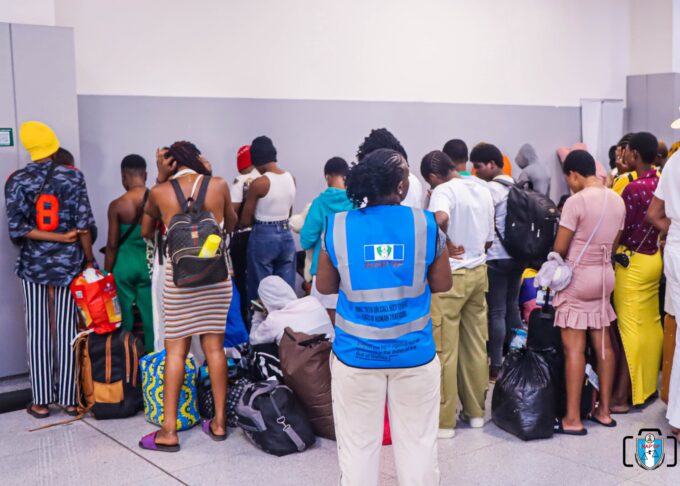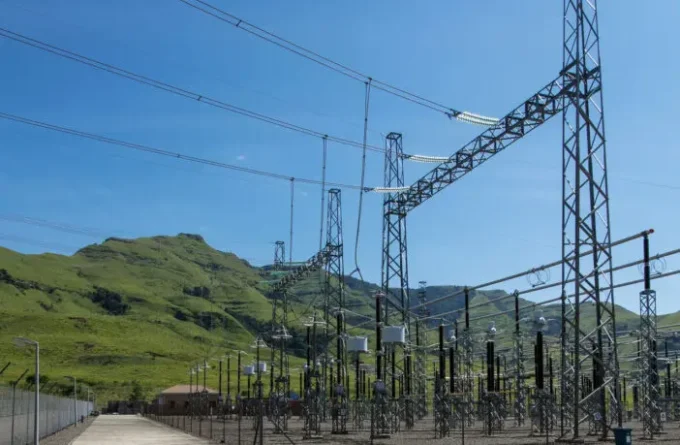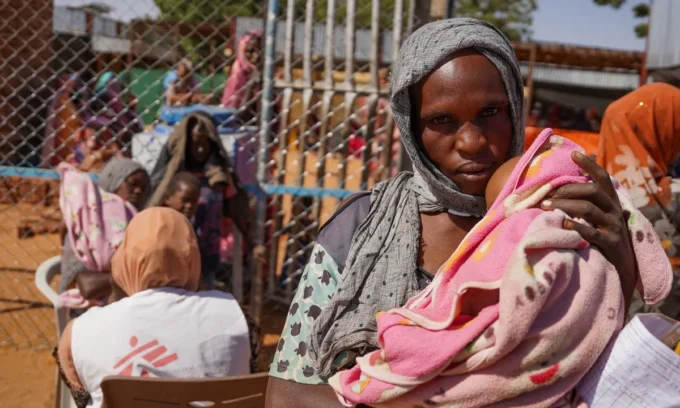Cuts to US-funded malaria programs are endangering millions across Africa, threatening to reverse decades of progress in the fight against the deadly disease. In Goma, Democratic Republic of Congo (DRC), where conflict and militia rule have already made life precarious, 36-year-old mother Mwayuma Idi Feza is struggling to care for her 1-year-old son, who has been suffering from malaria for over a week. With no job and barely enough food, she cannot afford treatment for herself or her child. Feza, who is also experiencing malaria symptoms, is one of many vulnerable Africans now exposed to heightened risk as a result of significant reductions in American foreign aid. Malaria, while preventable and treatable, continues to claim hundreds of thousands of lives annually, particularly among infants, young children, and pregnant women. The DRC has the world’s second-highest malaria burden, after Nigeria, with approximately 24,000 deaths recorded in 2022, over half involving children under five.
Since early 2025, following a shift in US policy under President Trump’s administration, the US Agency for International Development (USAID) has seen malaria program funding cut by an estimated 36%, with actual figures likely higher. The cuts have affected critical services like antimalarial drug distribution and preventive treatments for pregnant women. Michel Itabu, former spokesperson for the DRC’s National Malaria Control Program, confirmed that the impact is already being felt, placing people like Feza and her son in serious danger. Launched in 2005 under President George W. Bush, the President’s Malaria Initiative (PMI) helped reduce malaria deaths by over 60% globally, saving millions of lives. However, most PMI operations have now stalled, employees have been laid off, and remaining staff face uncertainty amid a 47% proposed budget reduction. Former contractors warn that short-term effects include loss of life, while long-term consequences could unravel decades of disease control efforts.
US-backed surveillance systems for tracking malaria and other infectious outbreaks have also been defunded. Experts stress this jeopardizes not only African populations but also global health security, noting that locally acquired malaria cases, like those seen in Florida in 2023, could rise without ongoing international efforts. US foreign assistance programs have long been branded “from the American people,” fostering goodwill and trust globally. Former PMI contractor Annē Linn, who lost her job in January, said the sudden halts in aid undermine this trust within fragile health systems.
Malawi, a PMI partner country, is also struggling. The nation faces a malaria crisis worsened by flooding and cyclones, with over 9 million infections and 2,000 deaths last year alone. National Malaria Control Manager Lumbani Munthali explained that USAID funding previously supplied millions of test kits, bed nets, and treatment for vulnerable groups. With 64% of Malawi’s USAID funding now cut, the country is grappling with how to fill the void. While the exact scale of Malawi’s malaria budget loss is unknown, $24 million was allocated in 2023. In Nigeria, health minister Muhammad Ali Pate acknowledged the reduction in American support but emphasized domestic funding is being mobilized to maintain health services. Still, experts warn that the broader effects of aid cuts – including in areas like nutrition – are deeply interconnected. Children suffering from malnutrition are more susceptible to malaria, and malaria itself can worsen malnutrition, creating a deadly cycle.
Médecins Sans Frontières (Doctors Without Borders), which does not rely on US funding, reports being overwhelmed as patients displaced from shuttered aid programs seek care. In northwest Nigeria, where the organization treats severely malnourished children, the added burden is unsustainable. Aid groups fear they may not have enough therapeutic food stockpiled for the looming lean season. Nathaniel Moller, a former PMI adviser, warned that malaria’s seasonal nature makes this funding disruption particularly devastating. With the rainy season already underway in many parts of Africa, a sharp rise in malaria cases is expected, and the damage from missed prevention opportunities could persist for years.
US Secretary of State Marco Rubio has claimed that foreign assistance should make America safer, stronger, and more prosperous. Yet health experts and aid workers argue that cutting malaria funding undermines those very goals, exposing American troops abroad, weakening global disease monitoring, and allowing geopolitical rivals like China and Iran to gain influence through soft power. Between 2010 and 2023, the US contributed more than one-third of all global malaria funding and was the top donor to the Global Fund, a major player in the fight against malaria, AIDS, and tuberculosis. However, the Trump administration’s new budget proposes halving US contributions to the Global Fund. Though some malaria programs have been reinstated, the disruption has left critical gaps, according to the World Health Organization (WHO), which warned the cuts could undo decades of hard-won progress. A State Department spokesperson claimed that life-saving malaria programs are continuing and a Global Fund contribution is in preparation. But aid workers remain deeply concerned that unless funding is fully restored and stabilized, many more lives especially those of the world’s most vulnerable will be lost.














Leave a comment